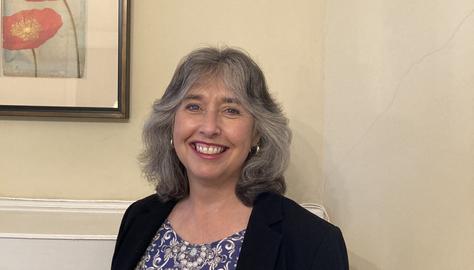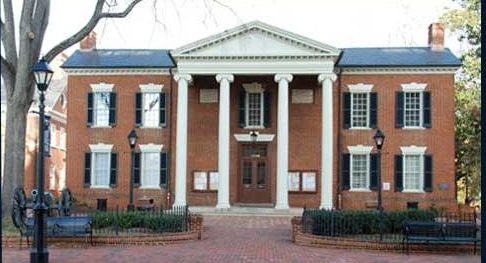- Call Us:(434) 220-4660
- Our address: 609 East High Street Charlottesville, VA 22902




Our firm handles divorce, child custody, child support, spousal support (alimony), equitable property division, prenuptial agreements, protective orders for domestic violence cases, and adoption.
Virginia courts decide custody based on the best interests of the child by considering factors such as each parent’s ability to provide a stable home, the child’s emotional and physical needs, each parent’s role in the child’s life, and any history of abuse or neglect. Courts favor joint custody when possible but will award sole custody if necessary.
Virginia follows statewide child support guidelines, considering both parents’ incomes, the number of children, health insurance costs, daycare expenses, and custody arrangements. The Virginia Child Support Calculator helps estimate payment amounts.
Virginia follows equitable distribution laws, meaning marital property is divided fairly but not necessarily equally. The court considers factors like the length of the marriage, each spouse’s contributions (financial and non-financial), and any misconduct such as adultery that affected the couple’s finances.
Even in an uncontested divorce, where both spouses agree on all terms, hiring a lawyer ensures your paperwork is properly filed, legal rights are protected, and costly mistakes are avoided. Virginia requires a one-year separation period before divorce unless you have no minor children and a signed separation agreement, in which case the waiting period is six months.
Virginia courts award spousal support based on factors like:
Yes, Virginia allows grandparents (and other relatives) to seek visitation or custody if it is in the child’s best interests. However, courts generally give preference to parental rights unless there is evidence of harm or unfitness.
Victims can seek a Protective Order (restraining order) through the courts. Virginia offers:
If you or someone you know is in immediate danger, call 911 or the Virginia Statewide Domestic Violence Hotline at 1-800-838-8238.
A prenuptial agreement can protect your personal assets, business interests, and inheritance rights in case of divorce. In Virginia, prenups must be:
Prenups cannot dictate child custody or support terms, as those decisions are made based on the child’s best interests at the time of divorce.

Copyright © 2025 Family Law Offices of Tracey C. Hopper, LLC